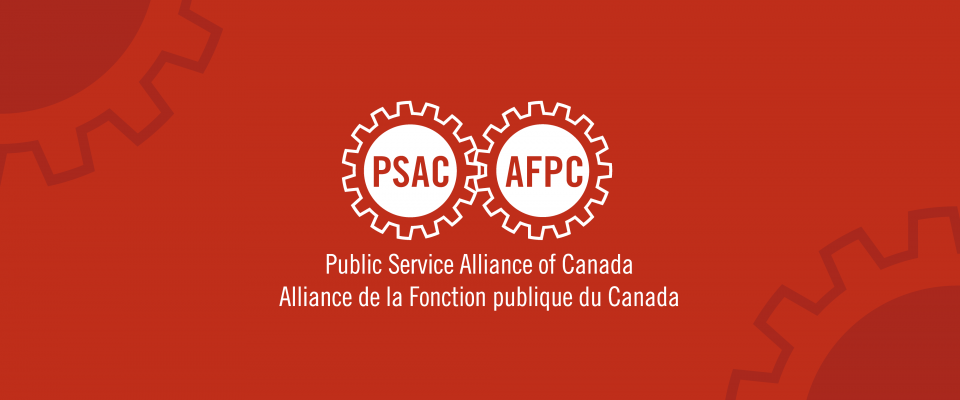PSAC called for major improvements to the bilingual allowance for federal public service workers at the Parliamentary Standing Committee of Official Languages. The presentation was made in the context of a committee study on language obligations related to staffing and in advance of a review of the Bilingual Bonus Directive.
Over the past 50 years, the bilingual allowance has been deemed the most appropriate way to recognise the additional value of speaking both official languages. However, the bilingual allowance has become nothing more than a symbolic payment. Eligibility for the bilingual allowance has not been updated since 1993, and the amount that bilingual employees receive ($800) has not increased since 1977. If this initial amount had been indexed to inflation, the bilingualism allowance would now be worth approximately $4,000.
The allowance should genuinely reflect the added value bilingualism brings to Canada’s public service and the additional skill required to meet and maintain the requirements.
During the last round of Treasury Board bargaining, PSAC secured a commitment from the employer to review the National Joint Council Bilingualism Bonus Directive.
As the review moves forward, PSAC is calling for three main improvements:
- A significant increase to the allowance;
- A mechanism to increase the bonus on a yearly basis – as costs rise every year, the allowance should reflect that reality;
- If the Official Languages Act is updated to include languages other than English and French, for example Indigenous languages, these languages should also be eligible for an allowance.
In our submission to the parliamentary committee, PSAC requested that the committee include the following recommendations in its final report:
- That Treasury Board significantly increase the bilingualism allowance to genuinely reflect the value of the additional skill and actual service rendered by bilingual employees;
- That Treasury Board implement a language allowance that would recognize the role that federal government workers play in supporting the delivery of services and programs in Indigenous languages.
Read the full brief to the committee.
 Member Login
Member Login



